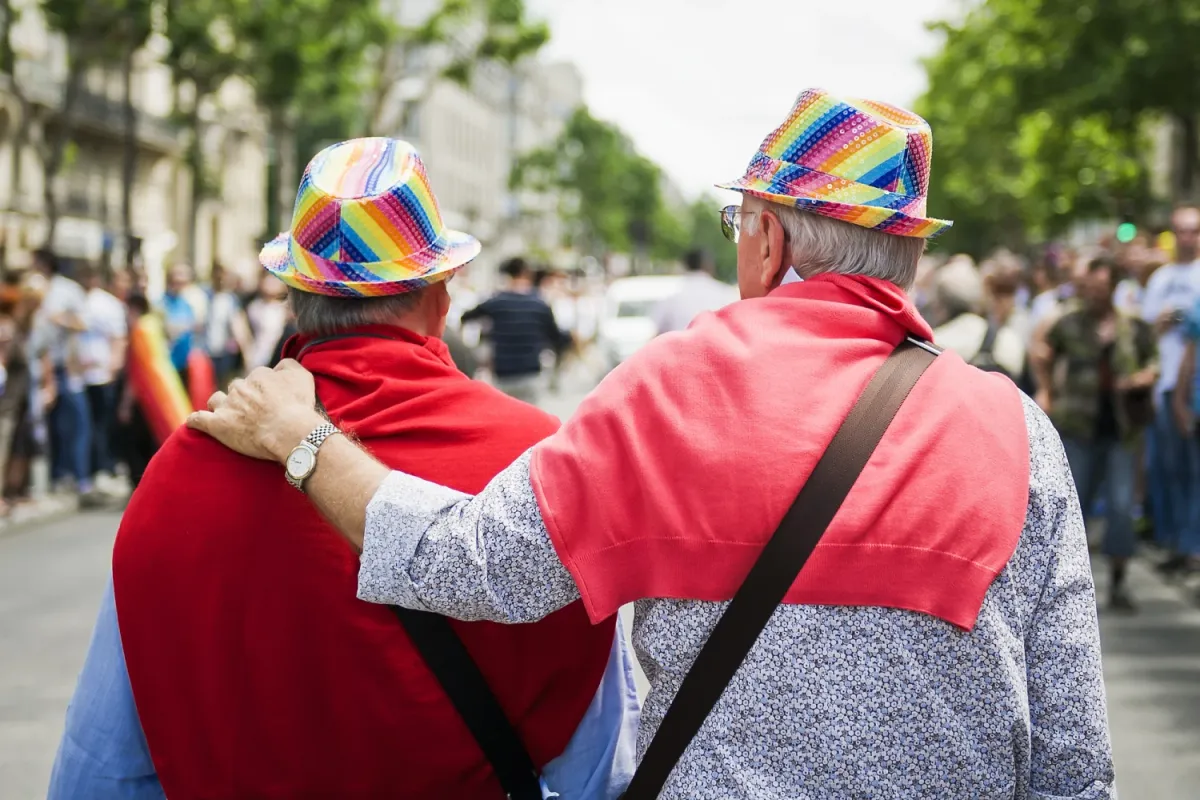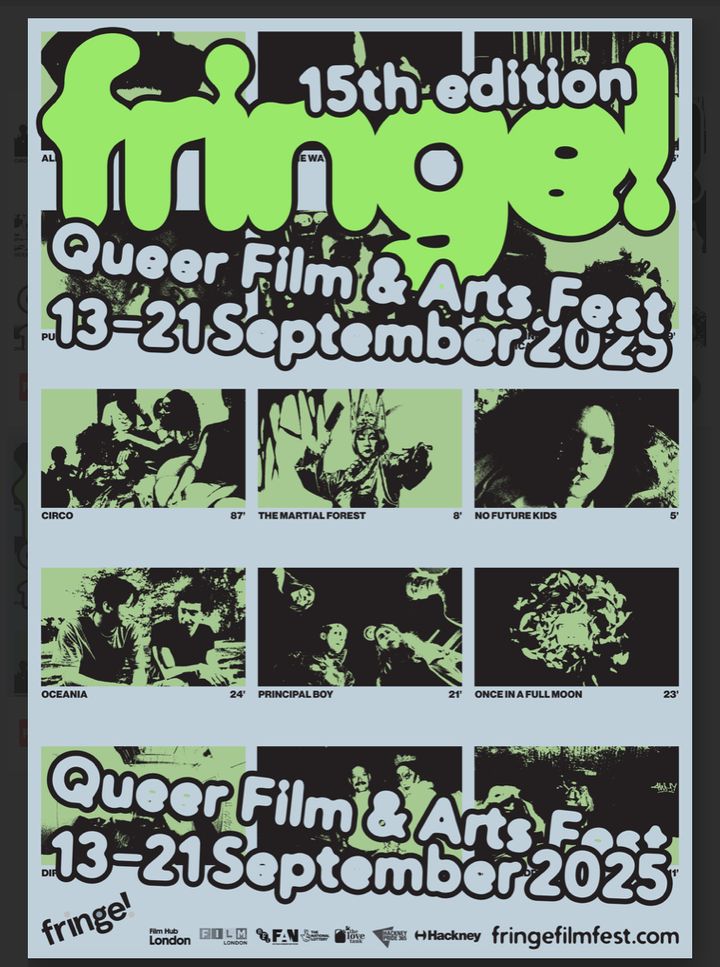New “deepling unsettling” report reveals challenges faced by a “hidden population” of LGBTQ+ over-50s in London
Tonic Housing, a non-profit organisation which runs a retirement community for LGBTQ+ people in the capital, has published a “deepling unsettling” report, Precarious Lives, which reveals the challenges faced by a “hidden population” of LGBTQ+ over-50s in London. Tonic Housing surveyed 134 people acr

Tonic Housing, a non-profit organisation which runs a retirement community for LGBTQ+ people in the capital, has published a “deepling unsettling” report, Precarious Lives, which reveals the challenges faced by a “hidden population” of LGBTQ+ over-50s in London.
Tonic Housing surveyed 134 people across London to explore issues such as the long-term impacts of discrimination, long-term health conditions and financial stress. It also conducted focus groups and interviews with an additional 39 participants.
Its findings were “deeply unsettling”, said Tonic Housing’s chair Terry Stacey, and highlighted how certain people – namely LGBTQ+ people of colour, LGBTQ+ disabled people and trans and non-binary people – face “particularly profound hardship”.
Mr Stacey said the report emphasised the need for community-led solutions to address the needs of older LGBTQ+ people. This was “particularly crucial” following the closure of Opening Doors, the LGBTQ+ charity that was originally running the Precarious Lives research, but which closed last year.
Following its closure, Tonic took over the report, with the project funded by Trust for London.
According to the report, 64% of those surveyed live alone. It also found that single-person households were six times more likely to rely on food banks than those living with others (18% vs 3%).
The survey also revealed that 60% of respondents were disabled. Of these, 58% expected no social support in times of crisis.
Overall, among all survey respondents, 36% would not expect any social support – from a spouse or partner, family members or friends – in the event of serious difficulties.
One 66-year-old gay man reported: “To be quite blunt I think I have zero support. I don’t have family support, I’m estranged from my family, I don’t have a partner, I live on my own, so yes, I am completely isolated.” As he went on to tell us, “Food-wise, I just buy things which are reduced, so I wait for 8pm or 9pm and go to the supermarkets and just buy reduced products.”
Meanwhile, 58% of respondents said that they would not expect help from support services if they had serious difficulties.
“As we grow older, our communities – and with them, our circle of safety – tend to shrink,” says report author Mark Sladen. “The result is that both our social and institutional support systems can be threadbare, making individual circumstances that bit more ‘precarious’.”
Mr Sladen said one important takeaway from the report was intersectionality, and how many respondents faced a “compounded” set of challenges. “So, being LGBTQ+ is a good indicator of challenges ahead; but if you are LGBTQ+ and Black, or LGBTQ+ and disabled, you can find almost all aspects of living in 21st century London markedly more difficult.”
Support independent LGBTQ+ journalism
Scene was founded in Brighton in 1993, at a time when news stories about Pride protests were considered radical. Since then, Scene has remained proudly independent, building a platform for queer voices. Every subscription helps us to report on the stories that matter to LGBTQ+ people across the UK and beyond.
Your support funds our journalists and contributes to Pride Community Foundation’s grant-making and policy work.
Subscribe today




Comments ()